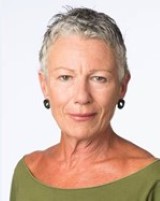Perfectly healthy: Disease-free by technology
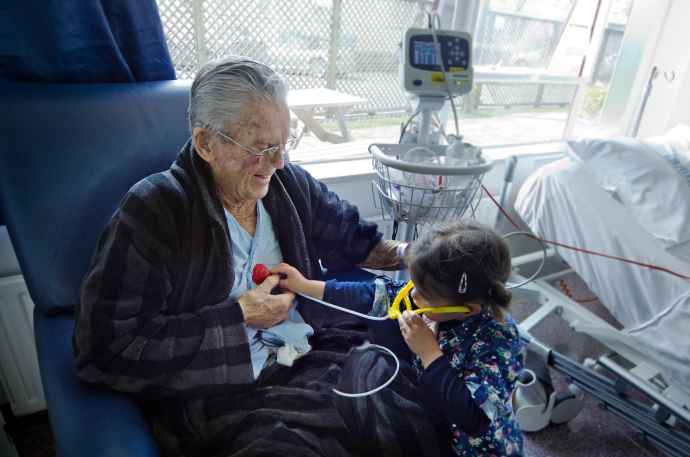
Panel discussion on using gene editing in medicine.
With regards to our healthcare, what needs to be considered if gene editing technologies were to become commonly applied for medical procedures. For example, are there other significant ramifications to correcting disease causing genes responsible for cystic fibrosis or increasing HIV resistance in immune cells?
Perfectly healthy: Disease-free by technology?
Kim Hill (MC), Josephine Johnston, Peter Fineran, Colin Gavaghan, Jennie Harré Hindmarsh
Recorded in Dunedin on 21 September 2017
Listen online on RNZ: Editing our Genes: Medical Issues
Panel
Associate Professor Peter Fineran
CRISPR-Cas microbiologist, University of Otago
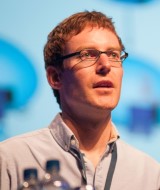
Associate Professor Colin Gavaghan
Medical Law and Ethics scholar, University of Otago
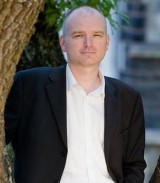
Dr Jennie Harré Hindmarsh
Health Improvement researcher, Ngati Porou Hauora
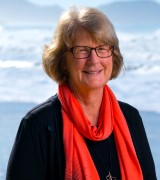
Josephine Johnston
Director of Research and Research scholar, The Hastings Center
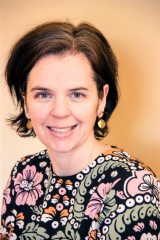
Kim Hill
Host and Broadcaster, RNZ National
Presented in partnership with the David and Genevieve Becroft Foundation, The University of Auckland, Victoria University of Wellington and RNZ National.
Views expressed at this event may not reflect those of Royal Society Te Apārangi.
About the series
Prestigious Speakers
Editing Our Genes: Promises and Pitfalls
Once a science fiction fantasy, the power to engineer DNA is now within reach. With that power comes complex and sometimes contentious questions about what can, and what should, be done to change ourselves and the world around us. Using a new genome editing technique, known as CRISPR/Cas9, scientists are exploring deletion, alteration, and addition of genes to a huge variety of organisms, from yeast to kumara, and from mosquitoes to dairy cattle. Perhaps most promising, but also most controversial, are the possible uses of the technology in humans.
Host Kim Hill is joined by bioethicist Josephine Johnston and a panel of experts to explore the implications of gene editing technologies for New Zealand.

